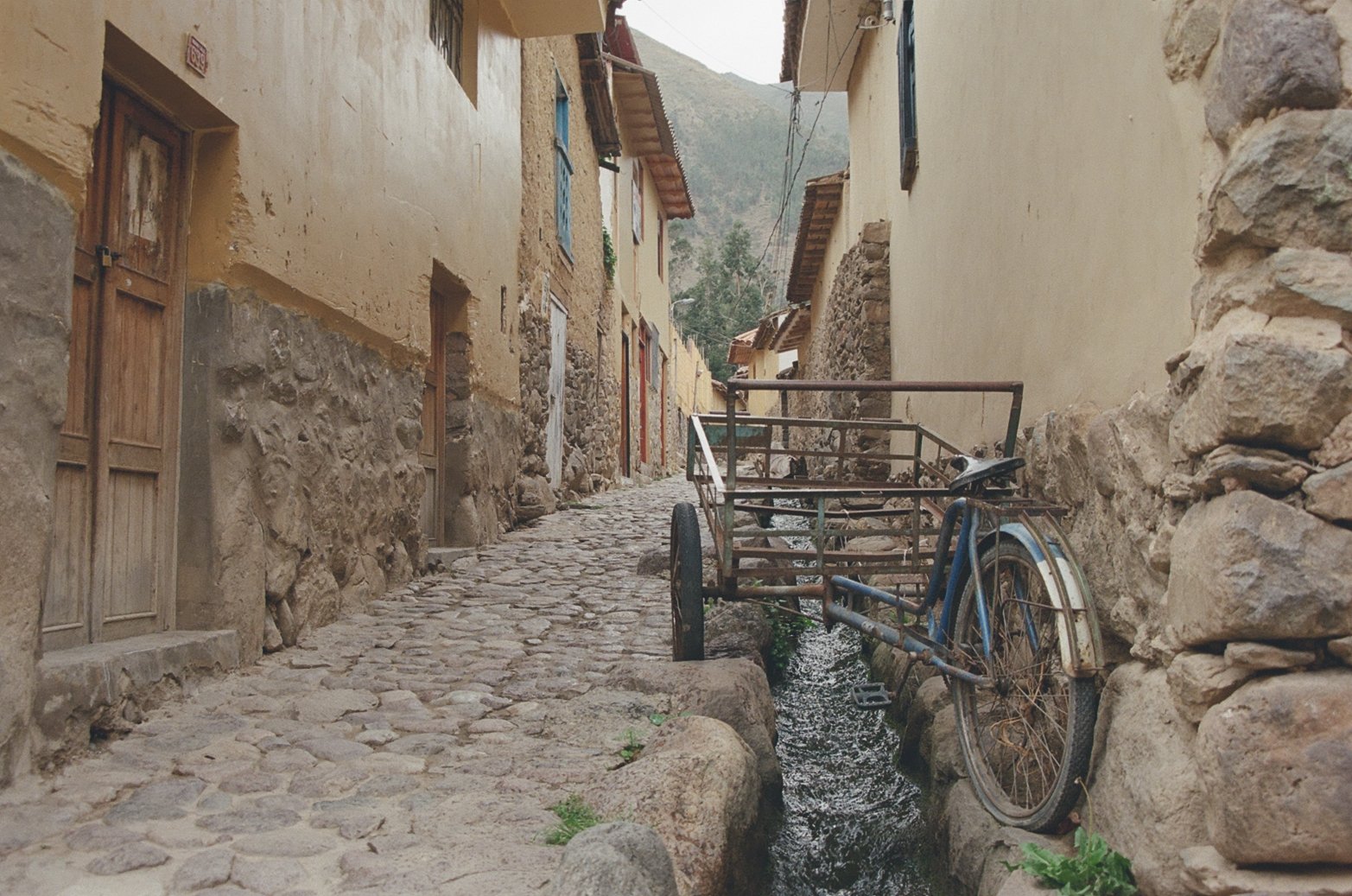Reflections from Peru
Sharing some musings I wrote during a trip to Peru in November 2021:
There are so many things to say about Peru. Cusco and the Sacred Valley percolate with a bustling energy of commerce, with strong under currents of ancient wisdom and heritage. Sometimes these things work in harmony, other times they don’t. In my first international trip in two years, I witnessed vibrant towns built upon the foundations of indigenous communities 3,000 years old; I witnessed a sacred respect for everything in this natural world, from the land to the Milky Way; I witnessed a deep sense of reciprocity and connectedness in community. These deeply native facets of life felt so inherently human, so universal, that even though I was a foreigner in this land I also felt a profound sense of home in the cultural and collective respect and connectedness for each other and the natural world.
I also witnessed the toll that capitalism can take on indigenous culture and way of life and the gravitational pull that tourism can have on an economy. Cities and small towns like Cusco and Pisac bustled with commerce—commerce that appeared strictly divided between locals and foreigners based on price, language, and aesthetic. I became so viscerally aware of the presence I had in the country as a white visitor, and how my actions could be generative or exploitive to a culture and a community. Taking a picture, speaking-or not speaking-the language, negotiating down prices, simply choosing to be in a country to profit by getting “more” for “less”—all these small, daily actions accumulate to create pervasive inequalities that perpetuate an oppressive form of tourism that is too profitable for countries operating in a capitalistic system to deny.
Meanwhile, in a small mountainous village overlooking these same towns lives approximately 100 families in a 300-family community. Villagers practice “ayni”, a form of gift giving and reciprocity that ensures needs are met within the community. A shaman needs his roof repaired? Someone repairs his roof. A family has corn but no potatoes? They trade some corn with a family that grows potatoes. It is a culture of ensuring needs are met beyond an individual and even a family system, and a view to life that all our resources are shared and we are working towards the wellbeing of all. But the reason this village is so vacant is because 200 families chose to leave to pursue economic opportunities in the city. Opportunities that surely make more financial wealth, especially if selling to a tourist—and at what cost? A limited snapshot of a complex dynamic, and an indication of the choice families face between their culture, their home, and their livelihoods as the world shifts deeper into capitalistic systems.
My peers and I use to express ambitions of “experiencing the world,” and now I see the danger in this kind of language: that these experiences are shared, and what comes with that is a great responsibility, to respect and preserve culture, and to cultivate mutual abundance and joy.
All that is to say, these pictures are intended to celebrate the profound beauty I witnessed in Peru, and the wisdom that I am grateful to have gained during my time there.





